Frequent persons on Bolivia's street signs
countries
65 names / 227 streets
Simón Bolívar
 30
Simón José Antonio de la Santísima Trinidad Bolívar Palacios Ponte y Blanco was a Venezuelan military and political leader who led what are currently the countries of Colombia, Venezuela, Ecuador,...
30
Simón José Antonio de la Santísima Trinidad Bolívar Palacios Ponte y Blanco was a Venezuelan military and political leader who led what are currently the countries of Colombia, Venezuela, Ecuador,...
Antonio José de Sucre
 22
Antonio José de Sucre y Alcalá, known as the "Gran Mariscal de Ayacucho", was a Venezuelan general and politician who served as the president of Bolivia from 1825 to 1828. A close friend and...
22
Antonio José de Sucre y Alcalá, known as the "Gran Mariscal de Ayacucho", was a Venezuelan general and politician who served as the president of Bolivia from 1825 to 1828. A close friend and...
Christopher Columbus
 8
Christopher Columbus was an Italian explorer and navigator from the Republic of Genoa who completed four Spanish-based voyages across the Atlantic Ocean sponsored by the Catholic Monarchs, opening...
8
Christopher Columbus was an Italian explorer and navigator from the Republic of Genoa who completed four Spanish-based voyages across the Atlantic Ocean sponsored by the Catholic Monarchs, opening...
Ladislao Cabrera
 7
Ladislao Cabrera was a Bolivian hero during the War of the Pacific. Born in Totora, Cochabamba Department, Carrasco Province, he is famous for organising the defence of Calama against the Chilean...
7
Ladislao Cabrera was a Bolivian hero during the War of the Pacific. Born in Totora, Cochabamba Department, Carrasco Province, he is famous for organising the defence of Calama against the Chilean...
Pope John Paul II
 6
Pope John Paul II was head of the Catholic Church and sovereign of the Vatican City State from 1978 until his death in 2005.
6
Pope John Paul II was head of the Catholic Church and sovereign of the Vatican City State from 1978 until his death in 2005.
Pedro Domingo Murillo
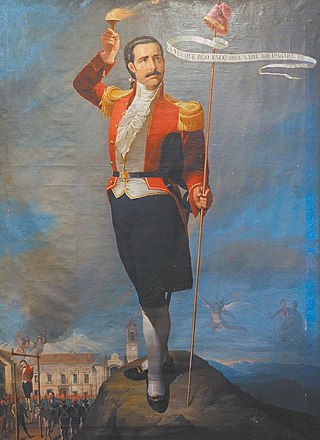 5
Pedro Domingo Murillo was a patriot of Upper Peru who played a key role in Bolivia's independence.
5
Pedro Domingo Murillo was a patriot of Upper Peru who played a key role in Bolivia's independence.
Jaime Mendoza
 5
Jaime Mendoza Gonzáles (1874–1939) was a Bolivian doctor, journalist and writer. A native of Sucre, he trained to be a doctor, providing valuable services in Llallagua and in Guerra del Acre. As a...
5
Jaime Mendoza Gonzáles (1874–1939) was a Bolivian doctor, journalist and writer. A native of Sucre, he trained to be a doctor, providing valuable services in Llallagua and in Guerra del Acre. As a...
Félix Méndez Arcos
 5
Félix Méndez Arcos, nació en la ciudad de Cochabamba, el 28 de mayo de 1905, habiendo cursado primaria en la escuela Fiscal N.º 3 de varones en el Colegio Nacional Sucre de Cochabamba.
5
Félix Méndez Arcos, nació en la ciudad de Cochabamba, el 28 de mayo de 1905, habiendo cursado primaria en la escuela Fiscal N.º 3 de varones en el Colegio Nacional Sucre de Cochabamba.
Franz Tamayo
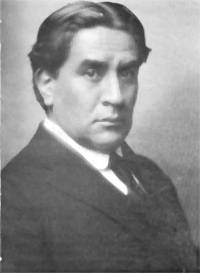 5
Franz Tamayo Solares was a Bolivian intellectual, writer, and politician. The Franz Tamayo Province is named after him. He was renowned for his oratory. A prominent Bolivian poet and philosopher, he...
5
Franz Tamayo Solares was a Bolivian intellectual, writer, and politician. The Franz Tamayo Province is named after him. He was renowned for his oratory. A prominent Bolivian poet and philosopher, he...
Gabriel René Moreno
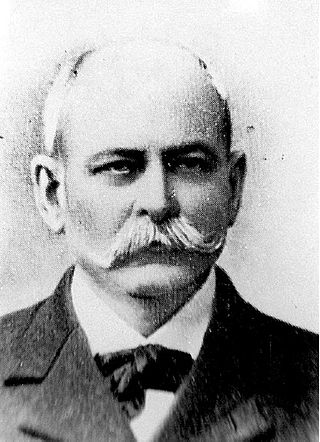 4
Gabriel René Moreno del Rivero fue un historiador, bibliógrafo, crítico literario y educador boliviano, considerado por Enrique Finot como el «príncipe de los escritores bolivianos».
4
Gabriel René Moreno del Rivero fue un historiador, bibliógrafo, crítico literario y educador boliviano, considerado por Enrique Finot como el «príncipe de los escritores bolivianos».
Carlos Blanco Galindo
 4
Carlos Blanco Galindo was a Bolivian general who served as the 32nd president of Bolivia on a de facto interim basis from 1930 to 1931.
4
Carlos Blanco Galindo was a Bolivian general who served as the 32nd president of Bolivia on a de facto interim basis from 1930 to 1931.
Nataniel Aguirre
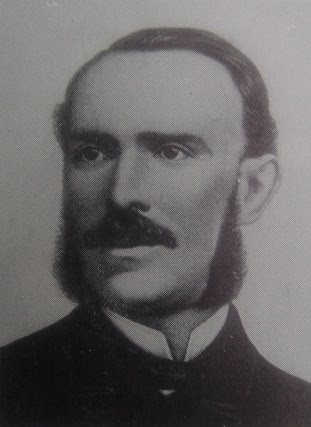 4
Nataniel Aguirre, was a Bolivian lawyer, diplomat, politician, writer, and historian. Menéndez y Pelayo considers his novel Juan de la Rosa the best 19th century novel in Spanish America.
4
Nataniel Aguirre, was a Bolivian lawyer, diplomat, politician, writer, and historian. Menéndez y Pelayo considers his novel Juan de la Rosa the best 19th century novel in Spanish America.
Diogo, Constable of Portugal
 4
Diogo of Portugal (1425–1443) was a Portuguese royal prince, who briefly served as Constable of Portugal and Master of the Order of Santiago.
4
Diogo of Portugal (1425–1443) was a Portuguese royal prince, who briefly served as Constable of Portugal and Master of the Order of Santiago.
Germán Busch
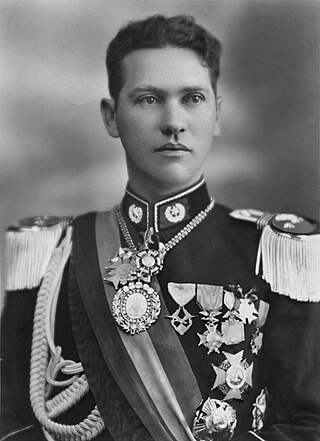 4
Víctor Germán Busch Becerra was a Bolivian military officer and statesman who served as the 36th president of Bolivia from 1937 to 1939. Prior to his presidency, he served as the Chief of the General...
4
Víctor Germán Busch Becerra was a Bolivian military officer and statesman who served as the 36th president of Bolivia from 1937 to 1939. Prior to his presidency, he served as the Chief of the General...
Pantaleón Dalence
 4
Pantaleón Dalence Jiménez was a Bolivian jurist and Minister of Finance during the presidencies of Adolfo Ballivián and Tomás Frías. He is considered the "Father of Bolivian Justice". He served as...
4
Pantaleón Dalence Jiménez was a Bolivian jurist and Minister of Finance during the presidencies of Adolfo Ballivián and Tomás Frías. He is considered the "Father of Bolivian Justice". He served as...
José de San Martín
 3
José Francisco de San Martín y Matorras, nicknamed "the Liberator of Argentina, Chile and Peru", was an Argentine general and the primary leader of the southern and central parts of South America's...
3
José Francisco de San Martín y Matorras, nicknamed "the Liberator of Argentina, Chile and Peru", was an Argentine general and the primary leader of the southern and central parts of South America's...
Aniceto Arce
 3
Aniceto Arce Ruiz de Mendoza was a Bolivian lawyer and politician who served as the 22nd president of Bolivia from 1888 to 1892. He also served as the fourth vice president of Bolivia from 1880 to...
3
Aniceto Arce Ruiz de Mendoza was a Bolivian lawyer and politician who served as the 22nd president of Bolivia from 1888 to 1892. He also served as the fourth vice president of Bolivia from 1880 to...
Esteban Arze
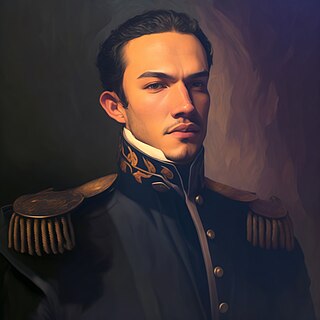 3
Esteban Mariano Arze Alba y Uriona fue un caudillo de la región de la actual Bolivia, que luchó por la independencia americana, haciéndolo en nombre de la Junta de Buenos Aires y del Ejército...
3
Esteban Mariano Arze Alba y Uriona fue un caudillo de la región de la actual Bolivia, que luchó por la independencia americana, haciéndolo en nombre de la Junta de Buenos Aires y del Ejército...
Gualberto Villarroel
 3
Gualberto Villarroel López was a Bolivian military officer who served as the 39th president of Bolivia from 1943 to 1946. A reformist, sometimes compared with Argentina's Juan Perón, he is...
3
Gualberto Villarroel López was a Bolivian military officer who served as the 39th president of Bolivia from 1943 to 1946. A reformist, sometimes compared with Argentina's Juan Perón, he is...
Emeterio Villamil de Rada
 3
Emeterio Villamil de Rada fue un político, filólogo, empresario y escritor boliviano, uno de los personajes más interesantes de la Bolivia del siglo XIX.
3
Emeterio Villamil de Rada fue un político, filólogo, empresario y escritor boliviano, uno de los personajes más interesantes de la Bolivia del siglo XIX.
Víctor Paz Estenssoro
 3
Ángel Víctor Paz Estenssoro was a Bolivian politician who served as the 45th president of Bolivia for three nonconsecutive and four total terms from 1952 to 1956, 1960 to 1964 and 1985 to 1989. He...
3
Ángel Víctor Paz Estenssoro was a Bolivian politician who served as the 45th president of Bolivia for three nonconsecutive and four total terms from 1952 to 1956, 1960 to 1964 and 1985 to 1989. He...
Jesus
 3
Jesus, also referred to as Jesus Christ, Jesus of Nazareth, and many other names and titles, was a first-century Jewish preacher and religious leader. He is the central figure of Christianity, the...
3
Jesus, also referred to as Jesus Christ, Jesus of Nazareth, and many other names and titles, was a first-century Jewish preacher and religious leader. He is the central figure of Christianity, the...
Diego de Ocaña
 3
Fray Diego de Ocaña fue un religioso español de la Orden de San Jerónimo, evangelizador y explorador viajó por América del Sur antes de establecerse en 1605 en México. Dejó pinturas y dibujos de las...
3
Fray Diego de Ocaña fue un religioso español de la Orden de San Jerónimo, evangelizador y explorador viajó por América del Sur antes de establecerse en 1605 en México. Dejó pinturas y dibujos de las...
Luis Paz
 3
Luis Paz Arce was a Bolivian historian, journalist, jurist, lawyer, and politician who served on the Supreme Court of Justice of Bolivia for twenty-three years, an associate justice from 1905 to 1919...
3
Luis Paz Arce was a Bolivian historian, journalist, jurist, lawyer, and politician who served on the Supreme Court of Justice of Bolivia for twenty-three years, an associate justice from 1905 to 1919...
Marcelo Quiroga Santa Cruz
 3
Marcelo Quiroga Santa Cruz was a noted writer, dramatist, journalist, social commentator, university professor, and socialist political leader from Bolivia. In 1964 Marcelo won the PEN/Faulkner Award...
3
Marcelo Quiroga Santa Cruz was a noted writer, dramatist, journalist, social commentator, university professor, and socialist political leader from Bolivia. In 1964 Marcelo won the PEN/Faulkner Award...
Eliodoro Camacho
 2
Eliodoro Camacho (1831–1899) was a Bolivian politician, party leader, and presidential candidate. The Eliodoro Camacho Province is named after him. Camacho was born in Inquisivi, Department of La...
2
Eliodoro Camacho (1831–1899) was a Bolivian politician, party leader, and presidential candidate. The Eliodoro Camacho Province is named after him. Camacho was born in Inquisivi, Department of La...
Benjo Cruz
 2
Benjamín Inda Cordeiro conocido artísticamente como Benjo Cruz y conocido en batalla como Casiano, fue un músico, poeta y guerrillero de izquierda argentinoboliviano.
2
Benjamín Inda Cordeiro conocido artísticamente como Benjo Cruz y conocido en batalla como Casiano, fue un músico, poeta y guerrillero de izquierda argentinoboliviano.
Ricardo Jaimes Freyre
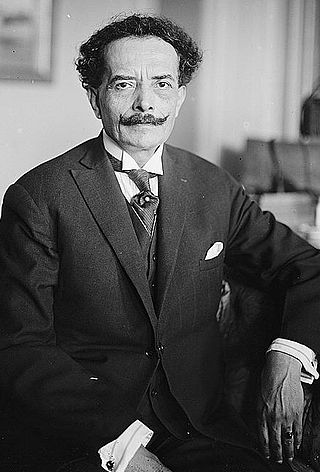 2
Ricardo Jaimes Freyre was a Peruvian-born Bolivian poet.
2
Ricardo Jaimes Freyre was a Peruvian-born Bolivian poet.
Melchor Pinto
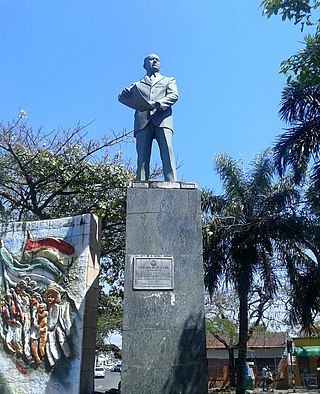 2
Melchor Pinto Parada fue un médico y político boliviano nacido en la ciudad de Santa Cruz, ejerció el activismo en pro de su ciudad natal y contra el centralismo. La historiografía convencional lo...
2
Melchor Pinto Parada fue un médico y político boliviano nacido en la ciudad de Santa Cruz, ejerció el activismo en pro de su ciudad natal y contra el centralismo. La historiografía convencional lo...
José Miguel García Lanza
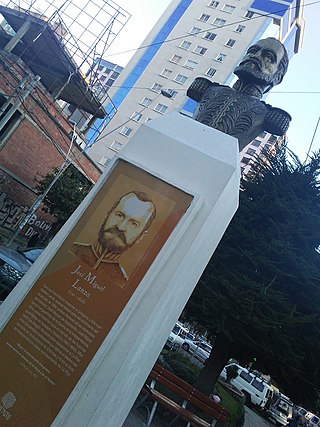 2
José Miguel García Lanza was a hero of the Bolivian wars of independence. Historian William Lofstron describes him as a "guerrilla chieftain" who, after many years of warfare against Spanish forces,...
2
José Miguel García Lanza was a hero of the Bolivian wars of independence. Historian William Lofstron describes him as a "guerrilla chieftain" who, after many years of warfare against Spanish forces,...
Enrique Finot
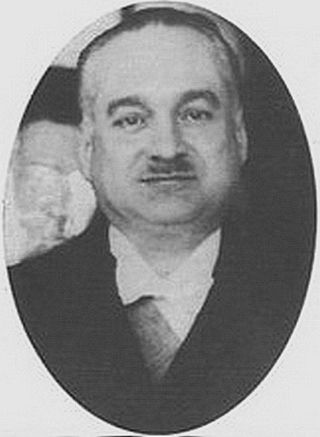 2
Enrique Finot was a Bolivian historian writer, editor, and diplomat. He served as foreign minister under Colonel David Toro and during the period of his nationalizing Standard Oil. He has been...
2
Enrique Finot was a Bolivian historian writer, editor, and diplomat. He served as foreign minister under Colonel David Toro and during the period of his nationalizing Standard Oil. He has been...
René Barrientos
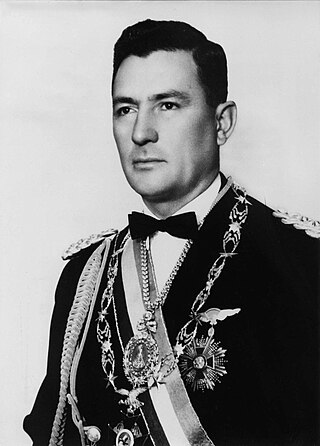 2
René Barrientos Ortuño was a Bolivian military officer and politician who served as the 47th president of Bolivia twice nonconsecutively from 1964 to 1966 and from 1966 to 1969. During much of his...
2
René Barrientos Ortuño was a Bolivian military officer and politician who served as the 47th president of Bolivia twice nonconsecutively from 1964 to 1966 and from 1966 to 1969. During much of his...
Narciso Campero
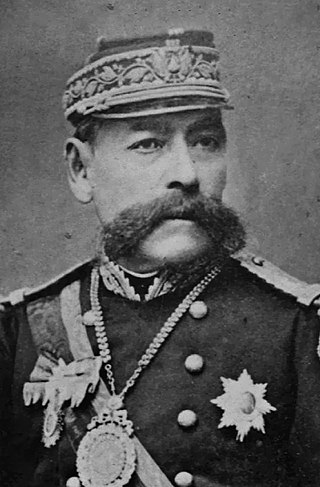 2
Narciso Campero Leyes was a Bolivian general and politician who served as the 20th president of Bolivia from 1880 to 1884. The Narciso Campero Province was named after him.
2
Narciso Campero Leyes was a Bolivian general and politician who served as the 20th president of Bolivia from 1880 to 1884. The Narciso Campero Province was named after him.
Eduardo Abaroa
 2
Eduardo Abaroa Hidalgo was Bolivia's foremost hero of the War of the Pacific (1879–1883), which pitted Chile against Bolivia and Peru. He was one of the leaders of the civilian resistance to the...
2
Eduardo Abaroa Hidalgo was Bolivia's foremost hero of the War of the Pacific (1879–1883), which pitted Chile against Bolivia and Peru. He was one of the leaders of the civilian resistance to the...
Ignacio Warnes
 2
José Ignacio Warnes y García de Zúñiga was an Argentine soldier who fought in the Argentine War of Independence. Son of the mayor of the city of Buenos Aires Manuel Antonio Warnes y Durango and Ana...
2
José Ignacio Warnes y García de Zúñiga was an Argentine soldier who fought in the Argentine War of Independence. Son of the mayor of the city of Buenos Aires Manuel Antonio Warnes y Durango and Ana...
Mary, mother of Jesus
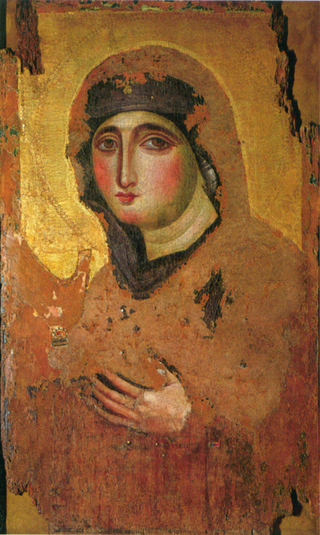 2
Mary was a first-century Jewish woman of Nazareth, the wife of Joseph and the mother of Jesus. She is a central figure of Christianity, venerated under various titles such as virgin or queen, many of...
2
Mary was a first-century Jewish woman of Nazareth, the wife of Joseph and the mother of Jesus. She is a central figure of Christianity, venerated under various titles such as virgin or queen, many of...
Michael (archangel)
 2
Michael, also called Saint Michael the Archangel, Archangel Michael and Saint Michael the Taxiarch is an archangel in Judaism, Christianity, Islam, and the Baha'i faith. The earliest surviving...
2
Michael, also called Saint Michael the Archangel, Archangel Michael and Saint Michael the Taxiarch is an archangel in Judaism, Christianity, Islam, and the Baha'i faith. The earliest surviving...
Mauro Núñez
 2
Mauro Núñez Cáceres fue un músico y charanguista boliviano, considerado como el «padre del folklor» de su país.
2
Mauro Núñez Cáceres fue un músico y charanguista boliviano, considerado como el «padre del folklor» de su país.
Rigoberto Paredes
 2
Rigoberto Paredes was a Honduran poet, essayist and publisher. He was the founder of Editorial Guaymuras, Editores Unidos and Ediciones Librería Paraíso. Among his works were En el Lugar de los...
2
Rigoberto Paredes was a Honduran poet, essayist and publisher. He was the founder of Editorial Guaymuras, Editores Unidos and Ediciones Librería Paraíso. Among his works were En el Lugar de los...
Luís Espinal Camps
 2
Luís Espinal Camps (1932–1980), also known by the nickname "Lucho" and by the Catalan name Lluís Espinal i Camps, was a Spanish Jesuit priest, poet, journalist, filmmaker, and film critic.
2
Luís Espinal Camps (1932–1980), also known by the nickname "Lucho" and by the Catalan name Lluís Espinal i Camps, was a Spanish Jesuit priest, poet, journalist, filmmaker, and film critic.
Juan Ortiz de Matienzo
 2
Juan Ortiz de Matienzo was a Spanish colonial judge and an original member of the first Real Audiencia of Santo Domingo, in 1512. From December 9, 1528 until January 9, 1531, he was a member of the...
2
Juan Ortiz de Matienzo was a Spanish colonial judge and an original member of the first Real Audiencia of Santo Domingo, in 1512. From December 9, 1528 until January 9, 1531, he was a member of the...
Ismael Vázquez
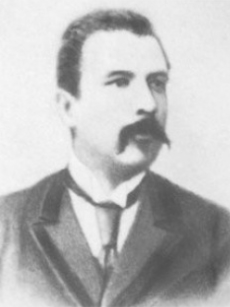 2
Ismael Vázquez Virreira was a Bolivian lawyer, orator, and politician who served as the 20th vice president of Bolivia from 1917 to 1920. He served as first vice president alongside second vice...
2
Ismael Vázquez Virreira was a Bolivian lawyer, orator, and politician who served as the 20th vice president of Bolivia from 1917 to 1920. He served as first vice president alongside second vice...
Andrés Bello
 2
Andrés de Jesús María y José Bello López was a Venezuelan humanist, diplomat, poet, legislator, philosopher, educator and philologist, whose political and literary works constitute an important part...
2
Andrés de Jesús María y José Bello López was a Venezuelan humanist, diplomat, poet, legislator, philosopher, educator and philologist, whose political and literary works constitute an important part...
Bernardino Bilbao Rioja
 2
Bernardino Bilbao Rioja was a Bolivian officer who served during the Chaco War (1932–35). He pioneered the use of air forces in combat.
2
Bernardino Bilbao Rioja was a Bolivian officer who served during the Chaco War (1932–35). He pioneered the use of air forces in combat.
Wálter Guevara
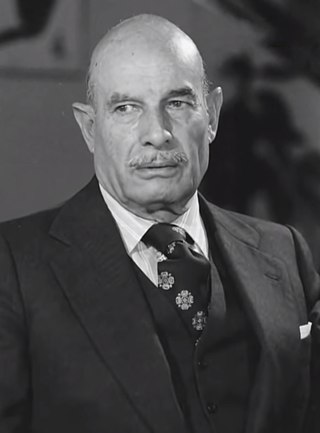 2
Wálter Guevara Arze was a Bolivian statesman, cabinet minister, writer, and diplomat, who served as the 54th president of Bolivia on an interim basis in 1979.
2
Wálter Guevara Arze was a Bolivian statesman, cabinet minister, writer, and diplomat, who served as the 54th president of Bolivia on an interim basis in 1979.
Hector Berlioz
 2
Louis-Hector Berlioz was a French Romantic composer and conductor. His output includes orchestral works such as the Symphonie fantastique and Harold in Italy, choral pieces including the Requiem and...
2
Louis-Hector Berlioz was a French Romantic composer and conductor. His output includes orchestral works such as the Symphonie fantastique and Harold in Italy, choral pieces including the Requiem and...
Gregorio Reynolds
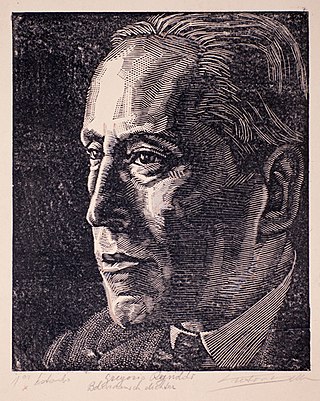 2
Gregorio Reynolds Ipiña, poeta, diplomático y traductor boliviano del modernismo.
2
Gregorio Reynolds Ipiña, poeta, diplomático y traductor boliviano del modernismo.
Eduardo Calderón Palomino
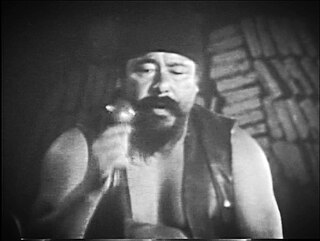 2
Eduardo Calderón Palomino o El Tuno fue un curandero norteño peruano practicante de la mesa norteña. El antropólogo estadounidense Douglas Sharon estudió su vida y publicó el libro etnográfico El...
2
Eduardo Calderón Palomino o El Tuno fue un curandero norteño peruano practicante de la mesa norteña. El antropólogo estadounidense Douglas Sharon estudió su vida y publicó el libro etnográfico El...
Archimedes
 2
Archimedes of Syracuse was an Ancient Greek mathematician, physicist, engineer, astronomer, and inventor from the ancient city of Syracuse in Sicily. Although few details of his life are known, he is...
2
Archimedes of Syracuse was an Ancient Greek mathematician, physicist, engineer, astronomer, and inventor from the ancient city of Syracuse in Sicily. Although few details of his life are known, he is...
Francisco de Toledo
 2
Francisco Álvarez de Toledo, also known as The Viceroyal Solon, was an aristocrat and soldier of the Kingdom of Spain and the fifth Viceroy of Peru. Often regarded as the "best of Peru's viceroys",...
2
Francisco Álvarez de Toledo, also known as The Viceroyal Solon, was an aristocrat and soldier of the Kingdom of Spain and the fifth Viceroy of Peru. Often regarded as the "best of Peru's viceroys",...
Diego de Almagro
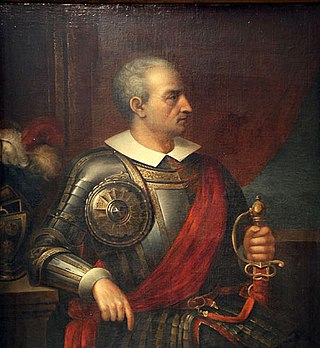 2
Diego de Almagro, also known as El Adelantado and El Viejo, was a Spanish conquistador known for his exploits in western South America. He participated with Francisco Pizarro in the Spanish conquest...
2
Diego de Almagro, also known as El Adelantado and El Viejo, was a Spanish conquistador known for his exploits in western South America. He participated with Francisco Pizarro in the Spanish conquest...
Juana Azurduy de Padilla
 2
Juana Azurduy de Padilla was a guerrilla military leader from Chuquisaca, Viceroyalty of the Río de la Plata. She fought for Bolivian and Argentine independence alongside her husband, Manuel Ascencio...
2
Juana Azurduy de Padilla was a guerrilla military leader from Chuquisaca, Viceroyalty of the Río de la Plata. She fought for Bolivian and Argentine independence alongside her husband, Manuel Ascencio...
Fernán Caballero
 2
Fernán Caballero was the pseudonym of Spanish novelist Cecilia Francisca Josefa Böhl de Faber y Ruiz de Larrea. She was daughter of German writer Johann Nikolaus Böhl von Faber and Spanish writer...
2
Fernán Caballero was the pseudonym of Spanish novelist Cecilia Francisca Josefa Böhl de Faber y Ruiz de Larrea. She was daughter of German writer Johann Nikolaus Böhl von Faber and Spanish writer...
Túpac Katari
 2
Túpac Katari or Catari, born Julián Apasa Nina, was the indigenous Aymara leader of a major insurrection in colonial-era Upper Peru, laying siege to La Paz for six months. His wife Bartolina Sisa and...
2
Túpac Katari or Catari, born Julián Apasa Nina, was the indigenous Aymara leader of a major insurrection in colonial-era Upper Peru, laying siege to La Paz for six months. His wife Bartolina Sisa and...
Hyacinth of Caesarea
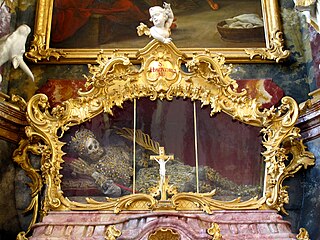 2
Hyacinth was a young Christian living at the start of the second century, who is honored as a martyr and a saint by both the Eastern Orthodox Church and the Roman Catholic Church. Hyacinth is...
2
Hyacinth was a young Christian living at the start of the second century, who is honored as a martyr and a saint by both the Eastern Orthodox Church and the Roman Catholic Church. Hyacinth is...
Maximilian Kolbe
 2
Maximilian Maria Kolbe was a Polish Catholic priest and Conventual Franciscan friar who volunteered to die in place of a man named Franciszek Gajowniczek in the German death camp of Auschwitz,...
2
Maximilian Maria Kolbe was a Polish Catholic priest and Conventual Franciscan friar who volunteered to die in place of a man named Franciszek Gajowniczek in the German death camp of Auschwitz,...
Daniel Salamanca
 2
Daniel Domingo Salamanca Urey was a Bolivian politician who served as the 33rd president of Bolivia from 1931 to 1934 until he was overthrown in a coup d'état on November 27, 1934, during the...
2
Daniel Domingo Salamanca Urey was a Bolivian politician who served as the 33rd president of Bolivia from 1931 to 1934 until he was overthrown in a coup d'état on November 27, 1934, during the...
Joaquín Rodrigo
 2
Joaquín Rodrigo Vidre, 1st Marquess of the Gardens of Aranjuez, was a Spanish composer and a virtuoso pianist. He is best known for composing the Concierto de Aranjuez, a cornerstone of the classical...
2
Joaquín Rodrigo Vidre, 1st Marquess of the Gardens of Aranjuez, was a Spanish composer and a virtuoso pianist. He is best known for composing the Concierto de Aranjuez, a cornerstone of the classical...
Francisco Tito Yupanqui
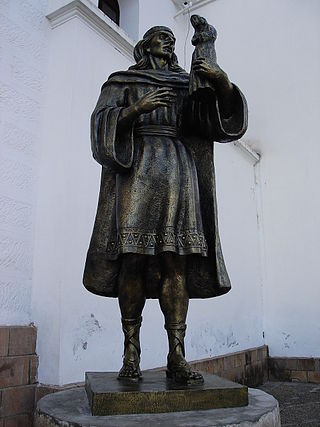 2
Francisco Tito Yupanqui (1550–1616) was an indigenous sculptor of the Viceroyalty of Peru. He sculptured renowned Roman Catholic wood statues such as the Blessed Virgin Mary in what is now Bolivia,...
2
Francisco Tito Yupanqui (1550–1616) was an indigenous sculptor of the Viceroyalty of Peru. He sculptured renowned Roman Catholic wood statues such as the Blessed Virgin Mary in what is now Bolivia,...
Manola Saavedra
 2
Manola Saavedra was a Spanish-born Mexican film and television actress, perhaps best known for her role in El bolero de Raquel (1957).
2
Manola Saavedra was a Spanish-born Mexican film and television actress, perhaps best known for her role in El bolero de Raquel (1957).
José María Menéndez
 2
José María Cabrera Menéndez is a Spanish former footballer who played as a left midfielder or inside left.
2
José María Cabrera Menéndez is a Spanish former footballer who played as a left midfielder or inside left.
Eustaquio Méndez
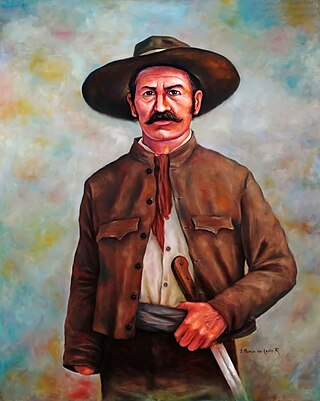 2
Eustaquio Méndez, conocido como Moto Méndez, fue un militar rioplatense y uno de los caudillos de San Lorenzo que destacó su participación en la Guerra de Independencia de la Argentina.
2
Eustaquio Méndez, conocido como Moto Méndez, fue un militar rioplatense y uno de los caudillos de San Lorenzo que destacó su participación en la Guerra de Independencia de la Argentina.
Julio Terrazas Sandoval
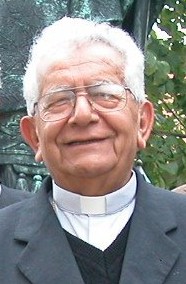 2
Julio Terrazas Sandoval was a Cardinal Priest and Archbishop Emeritus of the Roman Catholic Archdiocese of Santa Cruz de la Sierra in the Roman Catholic Church.
2
Julio Terrazas Sandoval was a Cardinal Priest and Archbishop Emeritus of the Roman Catholic Archdiocese of Santa Cruz de la Sierra in the Roman Catholic Church.
Hernán Siles Zuazo
 2
Hernán Siles Zuazo was a Bolivian politician who served as the 46th president of Bolivia twice nonconsecutively from 1956 to 1960 and from 1982 to 1985. He also briefly served as interim president in...
2
Hernán Siles Zuazo was a Bolivian politician who served as the 46th president of Bolivia twice nonconsecutively from 1956 to 1960 and from 1982 to 1985. He also briefly served as interim president in...
Adolfo Ballivián
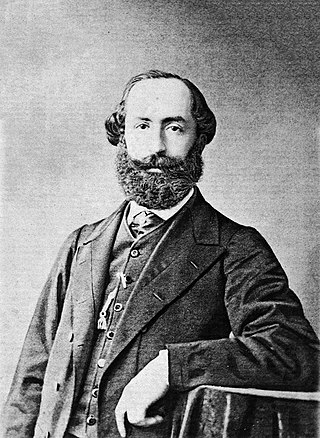 2
Adolfo Ballivián Coll was a Bolivian military officer and politician who served as the 18th president of Bolivia from 1873 to 1874. His presidency was brief, yet serious financial and legislative...
2
Adolfo Ballivián Coll was a Bolivian military officer and politician who served as the 18th president of Bolivia from 1873 to 1874. His presidency was brief, yet serious financial and legislative...